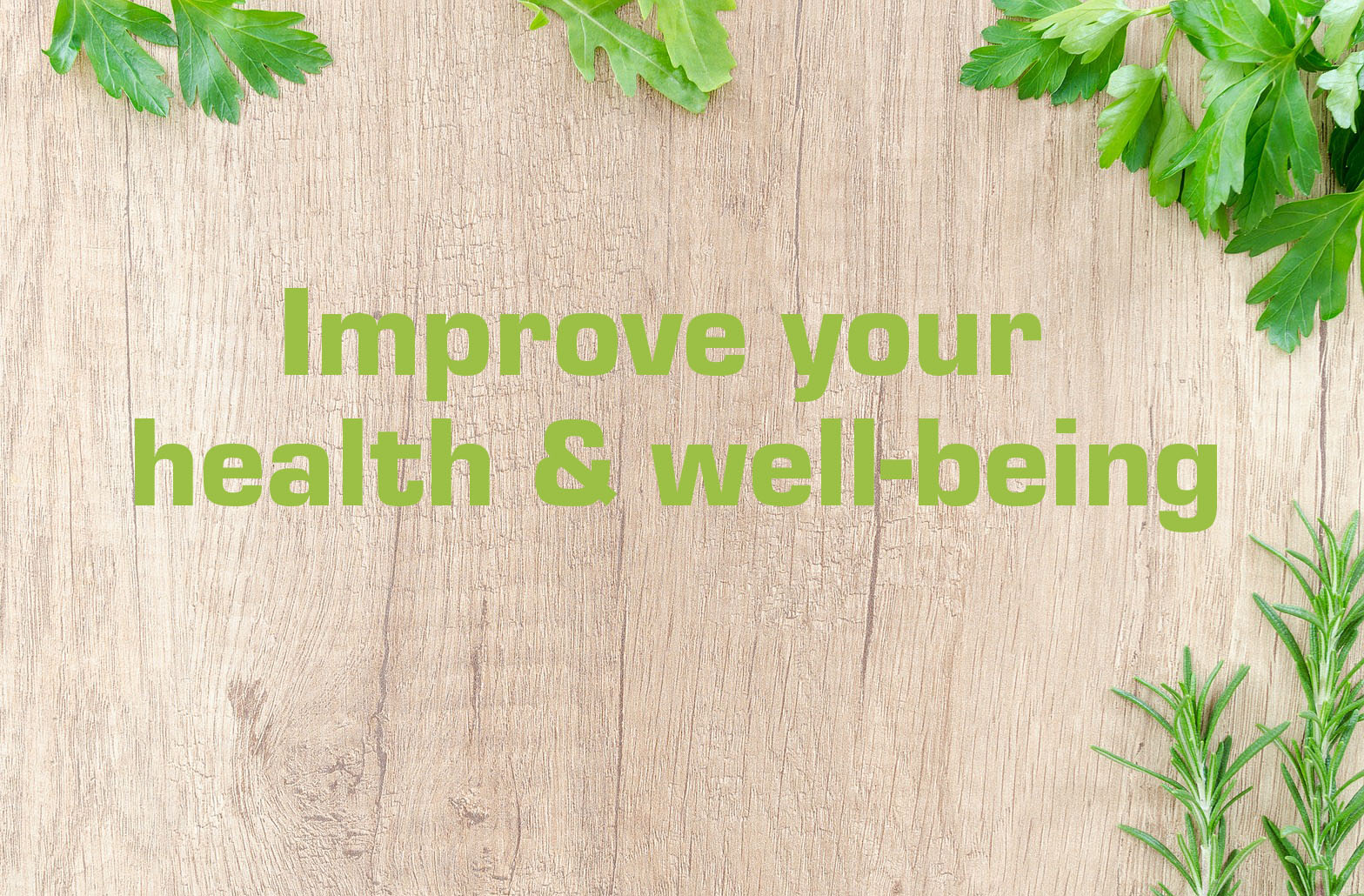If you attended our plant potting event, but you’re now wondering what do with your new seedlings…
Here we run down some of the best ways to look after those little plants and what to do with them once they turn into lovely leaves.
Making sure your plant grows
Now you’ve planted your seeds, keep them covered with polythene (coriander and oregano don’t need covering). Once you start to see a shoot of green, take the polythene off.
Store your seeds in a warm place
1) at around 16-18C for coriander and oregano
2) at around 24 Celsius (75F) for other herbs.
Keep them in a warm light position and don’t overwater them. As the plants get bigger, you can transfer them to a larger pot.
We’ve run through some tips and benefits of herbs below:
Chives
Health benefits
Chives contain Choline and folate, individually each of these components are linked to improving memory functions. It also contains compounds which help to deter cancer from growing in the body.
Cooking tips
Chives have a pungent flavour, between garlic and onion. They go best as a garnish, sprinkled on top of baked potatoes of garlic bread!
Sage
Health benefits
Sage has several types of acidic compounds that act as antioxidants which can help to prevent damage to cells. It also has been shown to have an antimicrobial effect, aiding in killing plague.
Cooking tips
Sage has an aromatic flavour and is often used when making tomato sauces, but can also be used when making teas, or as a rub for meats.
Peppermint
Health benefits
Peppermint has compounds that can east the gastrointestinal tract, easing symptoms of IBS and other stomach pains. The active ingredient in peppermint can also lessen the pain of migraines and tension headaches.
Cooking tips
Some classic pairings for peppermint are mixing it with fresh peas, or with lamb. But you can add it to all veggies to create minted vegetables.
Parsley
Health benefits
Parsley is loaded with vitamin K which is linked to bone health, it can support bone growth and bone mineral density. It also contains flavones which have are antioxidants, and research has shown they have some anti-cancer benefits.
Cooking tips
Parsley can be added to soups, often used in a bundle with other herbs in French soups, stocks and sauces. It can also be sprinkled over dishes to add a finishing touch.



